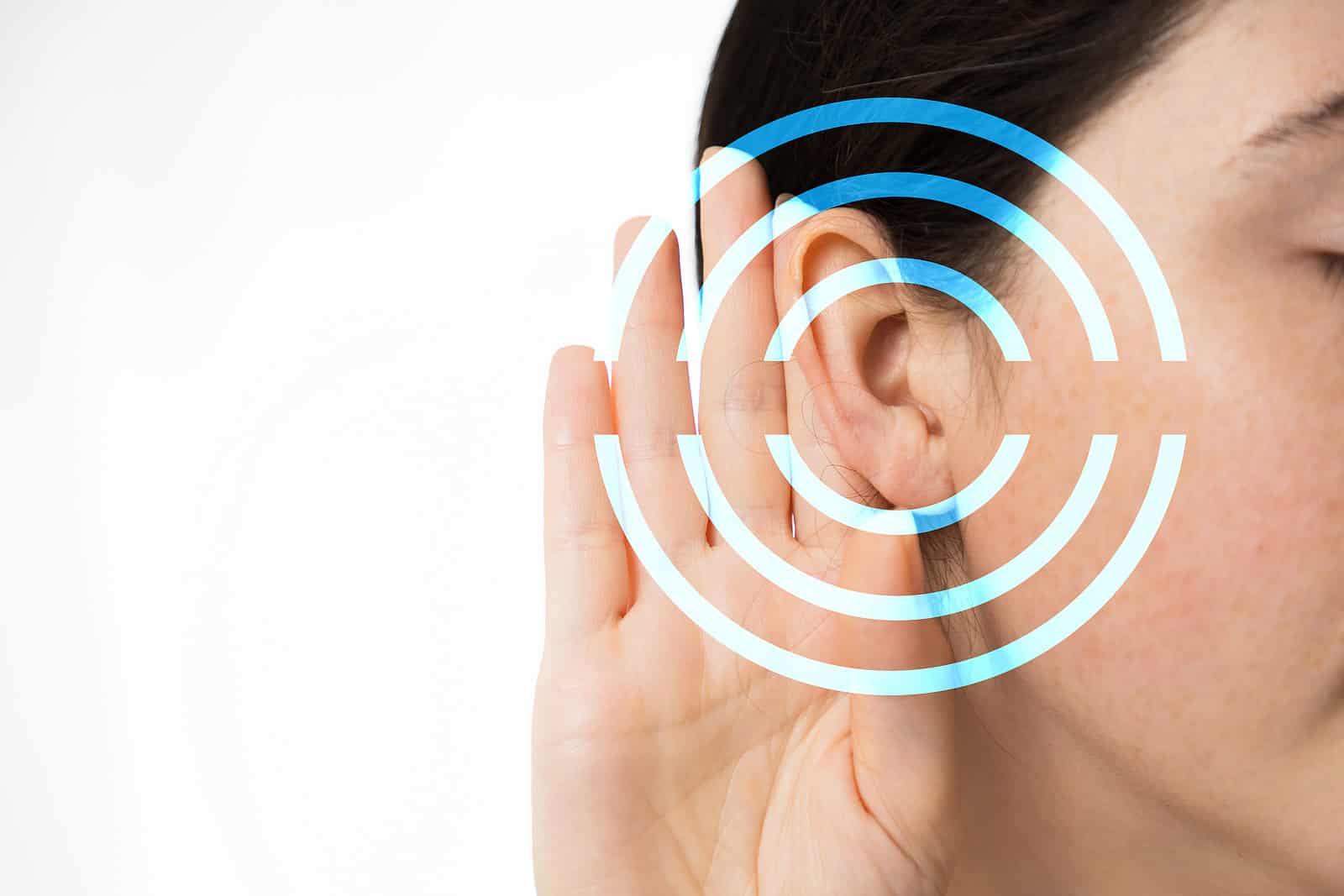
- Signs Your Earwax Buildup Needs Professional Attention - May 29, 2025
- Preparing for a Hearing Test and What You Should Bring - May 16, 2025
- A Step-by-Step Look at How Hearing Aids Make Sounds Sharper - May 5, 2025
Hearing is a vital sense that often goes unnoticed until problems arise. Just as regular check-ups are important for maintaining overall health, routine hearing tests play a crucial role in ensuring optimal hearing health. Many people wonder how often they should get a hearing test. The answer varies depending on age, lifestyle, and risk factors. Understanding these factors can help you determine the best schedule for your hearing health exams.
Why Regular Hearing Tests Are Important
Hearing loss can develop gradually, making it easy to miss early signs. Regular hearing tests help detect issues before they become severe. Early detection can lead to timely intervention, which can significantly improve the quality of life. Additionally, untreated hearing loss can lead to other health problems such as cognitive decline, social isolation, and depression. Therefore, maintaining regular hearing health exams is essential for overall well-being.
Hearing Tests for Different Age Groups
The frequency of hearing tests varies by age group. Here’s a general guideline:
Children
Hearing is critical for speech and language development in children. Newborns should have their hearing tested shortly after birth. Following the initial screening, children should have their hearing checked:
- At age 2 to 3 years
- Before starting school
- Every year throughout school years
These tests help ensure that any hearing issues are identified and addressed early, supporting effective communication and learning.
Adults
For adults aged 18 to 60, it is recommended to have a baseline hearing test. If no issues are detected, a hearing test every five years is generally sufficient. However, certain factors may necessitate more frequent testing.
Seniors
Hearing loss is more common in older adults. Those over the age of 60 should have a hearing test every one to two years. Regular testing in this age group helps monitor changes in hearing and allows for timely intervention, such as the fitting of hearing aids if necessary.
Risk Factors That Affect Testing Frequency
Certain risk factors can increase the likelihood of hearing loss, necessitating more frequent hearing tests. These include:
Exposure to Loud Noises
Individuals who work in noisy environments, such as construction sites, factories, or concerts, are at higher risk for hearing loss. Similarly, those who frequently attend loud events or use headphones at high volumes should have their hearing checked more often, ideally every one to two years.
Family History
A family history of hearing loss can indicate a genetic predisposition to the condition. If hearing loss runs in your family, consider having your hearing tested every one to two years, even if you don’t notice any symptoms.
Medical Conditions
Certain medical conditions, such as diabetes, cardiovascular disease, and autoimmune disorders, can impact hearing health. People with these conditions should discuss their hearing test frequency with their healthcare provider, but typically, annual tests are advisable.
Recognizing Symptoms of Hearing Loss
In addition to regular hearing tests, being aware of the symptoms of hearing loss can help in seeking timely help. Common symptoms include:
- Difficulty understanding conversations, especially in noisy environments
- Frequently asking others to repeat themselves
- Turning up the volume on electronic devices higher than usual
- Ringing or buzzing in the ears (tinnitus)
- Feeling that others are mumbling or speaking too softly
If you experience any of these symptoms, schedule a hearing health exam promptly, regardless of when your last test was.
What to Expect During a Hearing Test
A hearing test, or audiometric test, is a painless and non-invasive procedure. During the test, a provider will evaluate your hearing using a series of tones and spoken words. The test typically includes:
- Pure-tone audiometry: You will wear headphones and listen to a series of beeps or tones at different pitches and volumes. You will indicate when you hear each sound.
- Speech audiometry: This assesses your ability to hear and understand speech at different volumes.
- Tympanometry: This test measures the movement of your eardrum to detect any issues with the middle ear.
These tests help the provider determine the type and extent of hearing loss, if any, and recommend appropriate treatment or management options.
Regular hearing tests are essential for maintaining good hearing health and overall well-being. The frequency of these tests depends on your age, lifestyle, and risk factors. By understanding how often you should get a hearing test and recognizing the signs of hearing loss, you can take proactive steps to protect your hearing. Schedule a hearing health exam today to ensure that your hearing remains in top condition, allowing you to fully enjoy the sounds of life.
